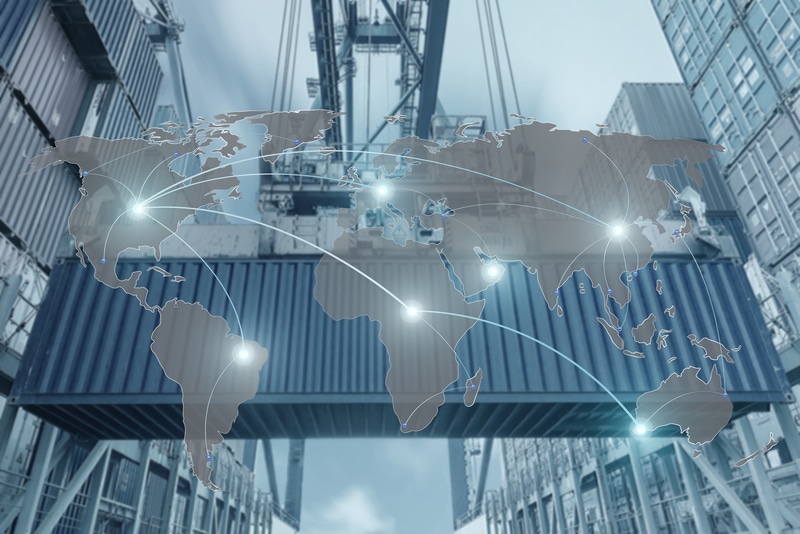
The Bureau of Industry and Security (BIS) has implemented Wassenaar Arrangement changes to the Commerce Control List (CCL). These changes were agreed upon in the Wassenaar 2018 Plenary meeting. The changes to the CCL will place additional controls on the export of certain emerging technologies. It is therefore important that exporters make themselves aware of these new export controls.
What is the Wassenaar Arrangement?
The Wassenaar Arrangement was formed in July of 1996 to promote regional and international security and stability. Its forty-two member states have agreed to encourage a greater responsibility in the transfer of conventional arms and dual-use goods. Participating states are required to report their transfers and denials of goods that fall under the List of Dual-Use Goods and Technologies and the Munitions List. Enactment of agreed upon guidelines, elements, and procedures are implemented at the discretion of member states policies.
What Changes Have Been Made to the CCL?
The BIS published its final ruling on implementation of Wassenaar Arrangement changes made in 2018 on May 23, 2019 (84 FR 23886). The ruling went into effect September 11, 2020.
Resulting changes in the CCL effects five emerging technologies: discrete microwave transistors, continuity of operation software, post-quantum cryptography, underwater transducers designed to operate as hydrophones, and air-launch platforms. As a result revisions have been made to twenty eight Export Control Classification Numbers (ECCNs). The changes effect the following categories:
- Category 0-Nuclear Materials, Facilities, and Equipment [and Miscellaneous Items]
- Category 1-Special Materials and Related Equipment, Chemicals, “Microorganisms”, and “Toxins”
- Category 2-Materials Processing
- Category 3-Electronics
- Category 5-Part 1-”Telecommunications” and Part 2-“Information Security”
- Category 6-Sensors and Lasers
- Category 7-Navigation and Avionics
- Category 8-Marine
- Category 9-Aerospace and Propulsion
Change the Only Constant in Export Law
The Wassenaar Changes to the CCL are but one example of recent changes to export law. The International Traffic in Arms Regulations (ITAR) and the Export Arms Regulations (EAR) are under constant change to respond to the security requirements of the United States. As a result exporters must monitor these changes to remain in compliance. Failure to meet export regulations can result in fines, debarment (loss of ability to export) and even imprisonment.
CVG Strategy Export Compliance Consultants
CVG Strategy has been helping businesses develop and maintain export compliance programs. A viable and effective compliance is a requirement for parties dealing in the export of goods. Our staff can establish tailored processes and procedures to keep your organization on track. We also offer up to date, engaging training that will keep your team current on export law regulations.


